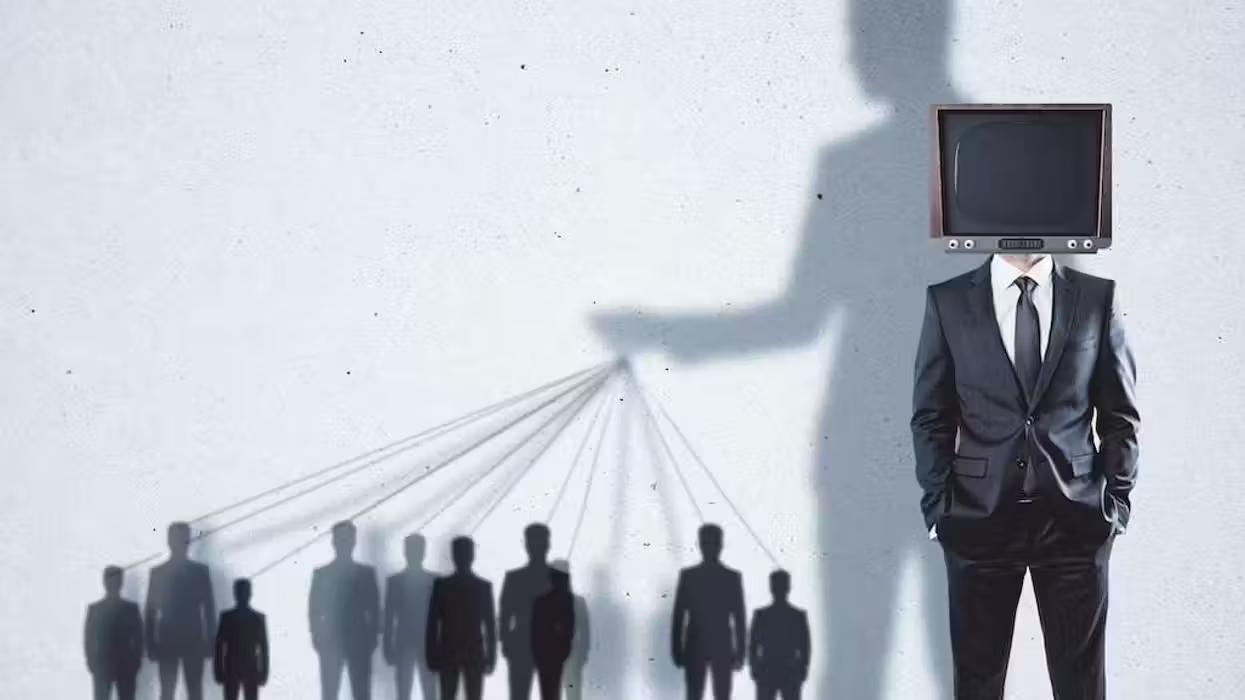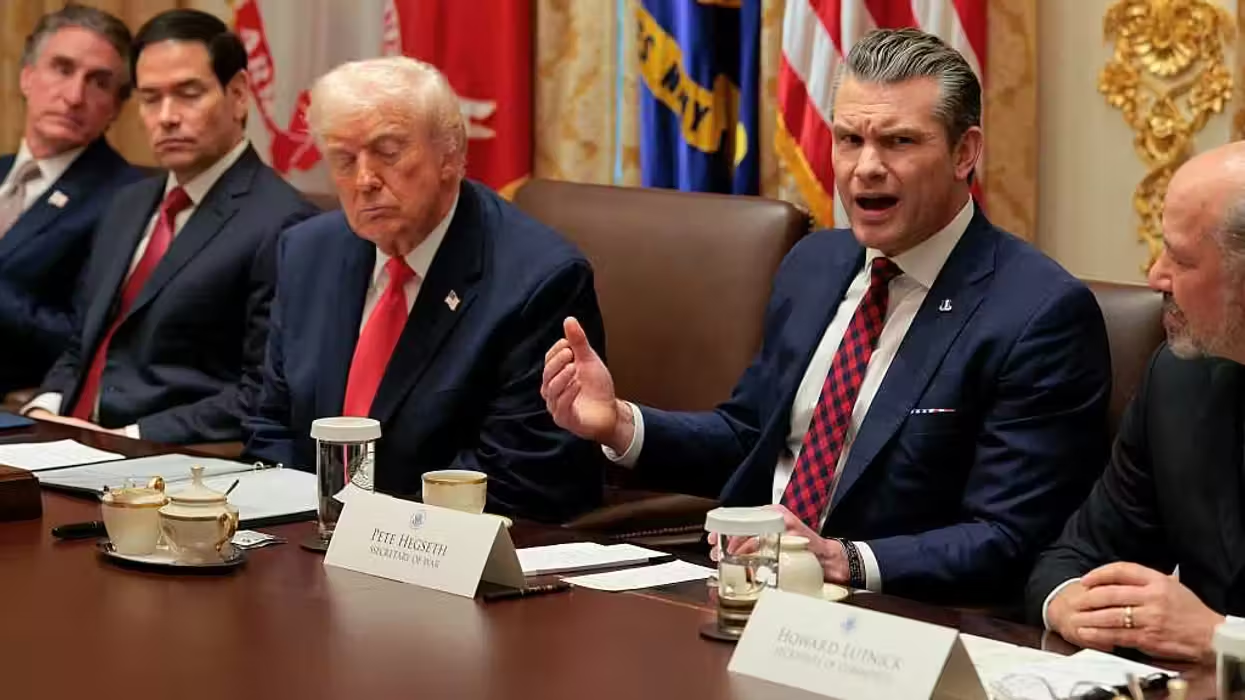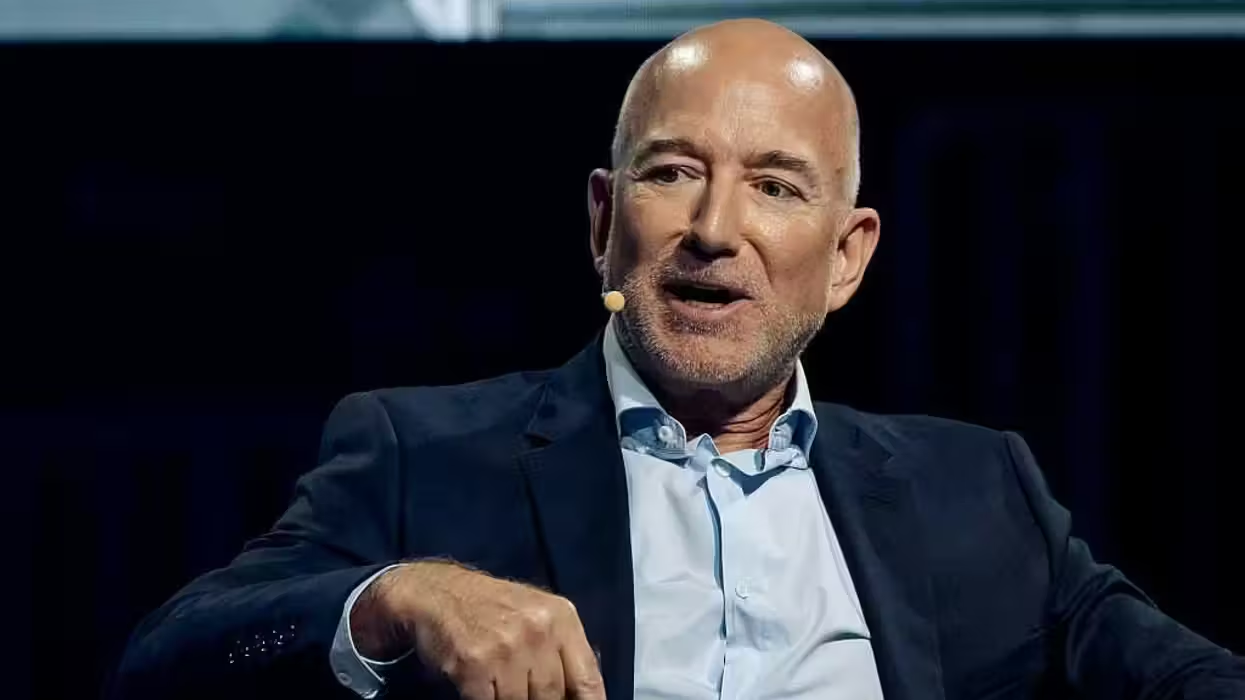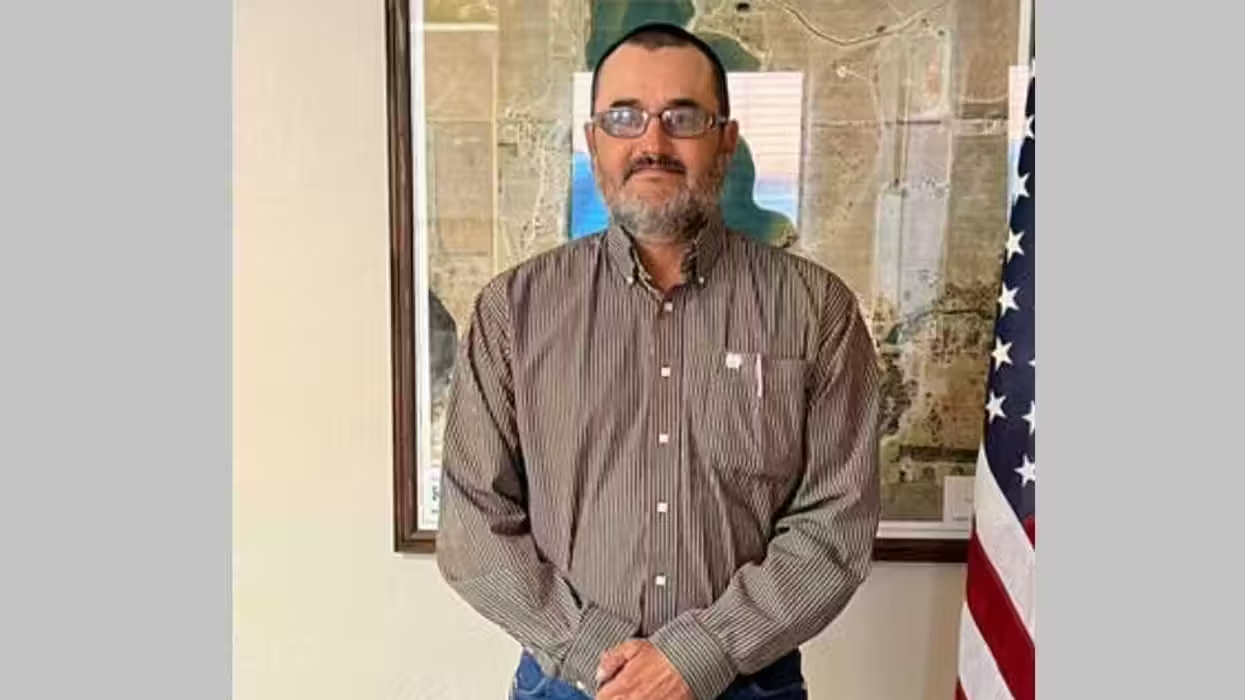© 2025 Blaze Media LLC. All rights reserved.
Report: White House, Congress Close to Debt Deal, Have Agreed on Framework
July 31, 2011
WASHINGTON (AP) -- White House and congressional negotiators sought to reassure the nation that they would beat a Tuesday deadline for averting the first federal default in history. But as Congress prepared to convene for a rare Sunday session, a final deal to raise the debt ceiling and reduce the deficit remained elusive.
Senate Republican leader Mitch McConnell said negotiators were "very close" to sealing a deal that would cut spending by some $3 trillion over the next decade while raising the debt ceiling through 2012 in a two-stage process. The Treasury says it will not be able to meet all its debt obligations if Congress does not act by Tuesday.
McConnell, appearing on CNN and CBS, said he hoped to soon be able to present to his fellow Republicans an agreement "that they'll consider supporting." That agreement would include raising the debt ceiling, cutting spending by some $1 trillion initially and creating a joint committee of members of Congress that would look at a larger plate of cuts that included tax and entitlement reform.
Democrats were more cautious in saying that the end of weeks of bitter debate was almost over. Senior White House adviser David Plouffe told NBC's "Meet the Press" that both sides are generally in agreement on an emerging package that would cut the deficit in two stages, with key details still being worked out, but "we don't have a deal."
Sen. Chuck Schumer, D-N.Y., a member of the Democratic leadership, told CNN that while "there is no final agreement," there was a sense of relief that the two sides were finally working on a compromise plan.
Schumer later told CBS that one of the last sticking points is the creation of a "trigger" mechanism that would hit priorities of both parties if the committee does not come up with a plan for further deficit reduction.
Among the trigger ideas being discussed are automatically reducing spending on entitlement programs such as Medicare along with closing tax loopholes or reducing defense and non-defense programs by an equal amount.
"It should be equally tough on Democrats and Republicans," Schumer said.
McConnell said the bipartisan committee, which would be asked to come up with a plan by Thanksgiving, would have a "broad mandate" to look at all aspects of government finance, including tax reform.
McConnell said he had talked to both President Barack Obama and Vice President Joe Biden on Saturday. "I particularly appreciate that we are back talking to the only person in American who can sign something into law, and that's the president of the United States," he said.
McConnell said the deal being worked on, while raising the debt ceiling in two stages, would satisfy Obama's demand that there not be another divisive debate before next year's election. The scenario being discussed would raise the debt ceiling unless there is a two-thirds majority in both houses of Congress to reject it.
McConnell said that there would be no tax increases in the deal, and White House National Economic Council Chairman Gene Sperling, on CNN and Fox, said there would be no revenue increases over the next year and a half.
But while keeping higher taxes out of the deal was the top priority of many Republicans, it's still going to be a task for McConnell to sell any agreement to his caucus.
Sen. Lindsey Graham, R-S.C., said on ABC that this would be the first time that he could remember that the nation is paying for future debt increases dollar-for-dollar and that "from the Republican Party's point of view, I think we can declare victory in a limited fashion." But he said that even with the agreement the national debt will continue to rise and "I don't know where I'm going to land" on a vote.
"From a big picture," Graham said, "I'm not ready to vote for this."
On the House side, where GOP conservatives have pushed their party toward greater cuts and linking future debt ceiling raises to passage of a balanced budget amendment, a leadership aide said that while the negotiators appeared to be heading in the right direction, no agreement will be final until members have a chance to weigh in.
Sperling said Obama has presented three principles that the final package must meet: a significant down payment on deficit reduction, major entitlement and tax reform at a later date, and an end to the uncertainty created by the threat of the nation's defaulting on the debt. He said the nation doesn't want to "go through this mess again around the holidays."
Under the proposed agreement, Congress would also have to vote on a constitutional amendment requiring a balanced federal budget, a top-flight GOP goal. Unlike a bill approved Friday by the Republican-run House, none of the debt limit increase would be tied to congressional approval of that amendment.
Details of a possible accord began emerging Saturday night after Senate Majority Leader Harry Reid, R-Nev., said on the Senate floor that the two sides were trying to nail down loose ends and complete an agreement.
"I'm glad to see this move toward cooperation and compromise, and hope it bears fruit," he said.
A Democratic official said that while bargainers were not on the cusp of a deal, one could gel quickly. A Republican said there was consensus on general concepts but cautioned there were no guarantees of a final handshake. Both spoke on condition of anonymity to reveal details of confidential talks.
Any pact would have to quickly pass both chambers of Congress after a rancorous period that has seen the two parties repeatedly belittle each other's efforts to end the standoff.
Even so, the deal under discussion offers wins for both sides. Republicans and their tea party supporters would get spending cuts at least as large as the amount the debt ceiling would grow and avoid any tax increases. For Obama and Democrats, there would be no renewed battle over extending the borrowing limit until after next year's elections.
Under the possible compromise, the debt limit would rise by an initial $1 trillion.
A second, $1.4 trillion increase would be tied to a specially created congressional committee that would have to suggest deficit cuts of a slightly larger amount. If that panel did not act - or if Congress rejected their recommendations - automatic spending cuts would be triggered that could affect Medicare and defense spending, two of the most politically sacrosanct programs.
The government has exhausted its $14.3 trillion borrowing limit and has paid its bills since May with money freed up by accounting maneuvers.
McConnell and Schumer appeared on CNN's "State of the Union" and CBS' "Face the Nation" while Graham spoke on ABC's "This Week." Sperling appeared on "State of the Union" and "Fox News Sunday."
Want to leave a tip?
We answer to you. Help keep our content free of advertisers and big tech censorship by leaving a tip today.
Want to join the conversation?
Already a subscriber?
more stories
Sign up for the Blaze newsletter
By signing up, you agree to our Privacy Policy and Terms of Use, and agree to receive content that may sometimes include advertisements. You may opt out at any time.
Related Content
© 2025 Blaze Media LLC. All rights reserved.
Get the stories that matter most delivered directly to your inbox.
By signing up, you agree to our Privacy Policy and Terms of Use, and agree to receive content that may sometimes include advertisements. You may opt out at any time.






